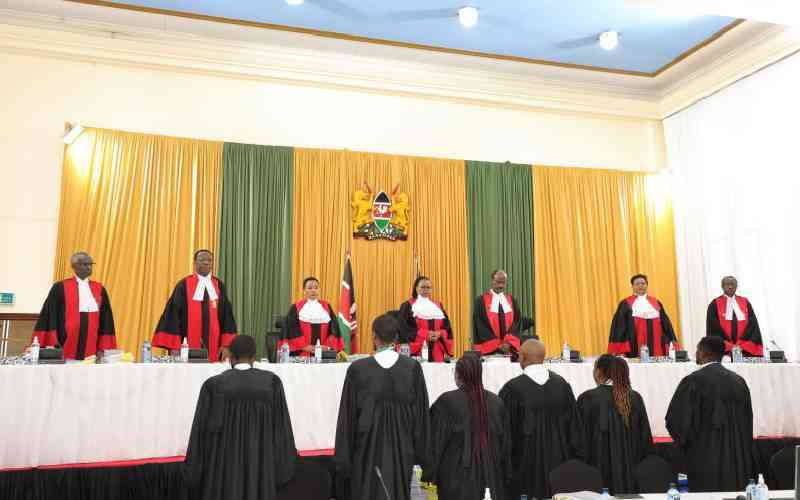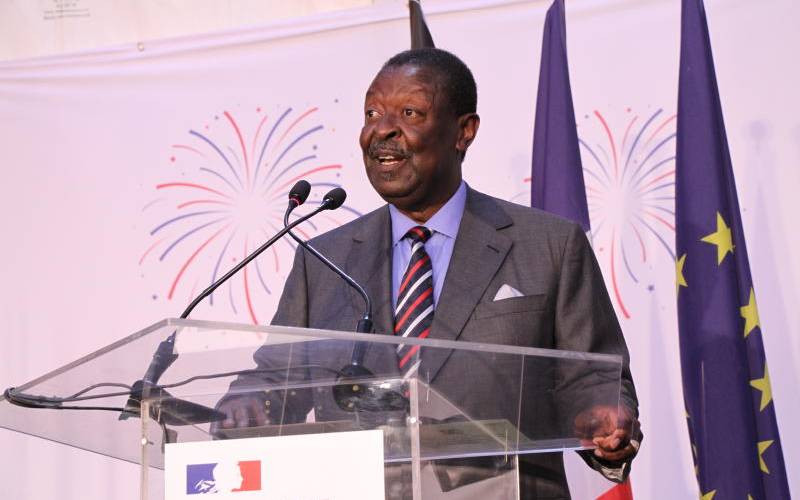
When Kenyans voted overwhelmingly for the current Constitution, they embraced more than just a new legal order. They ushered in a bold experiment in decentralised governance that placed the county governments at the heart of service delivery and citizen participation. The success of this experiment was never going to be automatic. It depended on the commitment of all arms of government to protect the delicate balance between the national and county spheres.
Over the past 12 years, one institution has stood out in this duty; the Supreme Court of Kenya. As the apex court, the Supreme Court is the final interpreter of the Constitution. Its pronouncements bind all other courts, public bodies and persons. This binding authority means that its decisions do not just resolve disputes; they set the tone for the overall approach of the Judiciary to devolution. From its first major advisory opinion in 2013 to recent judgments, the court has consistently sent a clear message: That is, devolution is here to stay, and it must be protected.







